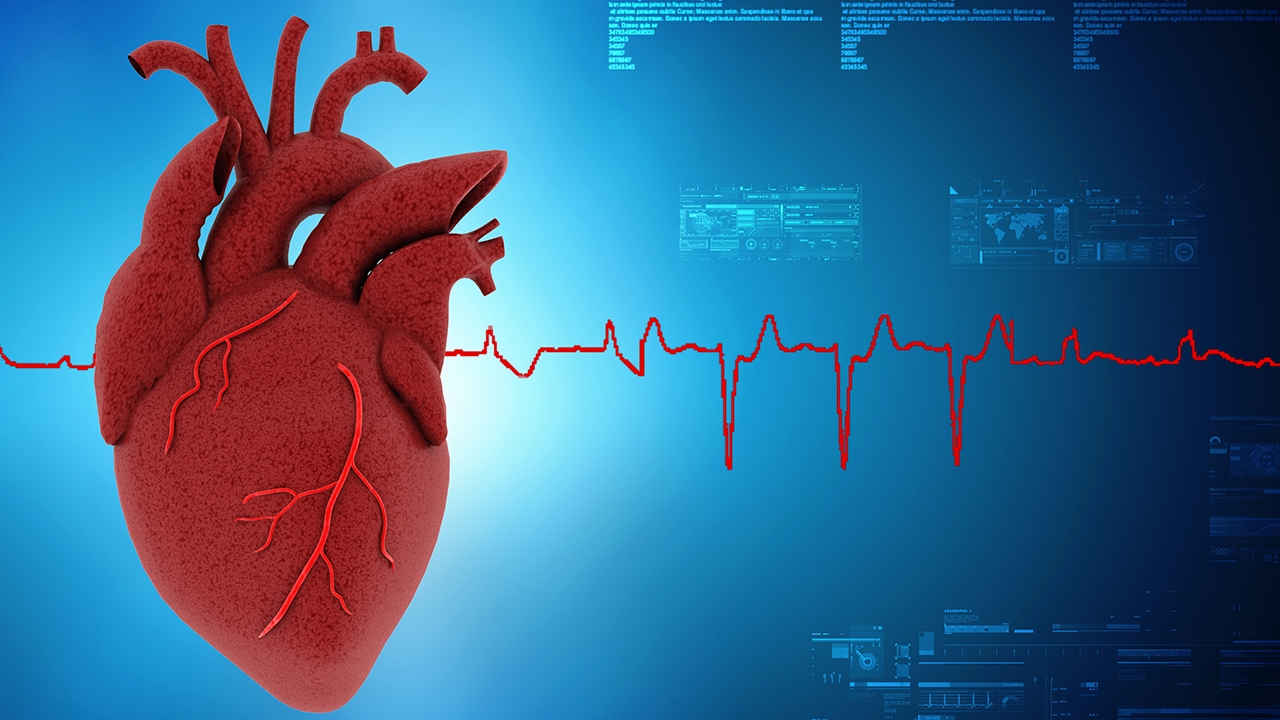Abstract and Introduction
Abstract
Several large-scale electronic health records studies have reported increased diagnostic rates for neuropsychiatric disorders following Coronavirus disease 2019 [COVID-19 or severe acute respiratory syndrome coronavirus 2 (SARS-CoV-2 infection)], but many questions remain. To highlight the issues, we selectively review this literature, focusing on mood disorder, anxiety disorder, psychotic disorder, and cognitive impairment ('brain fog'). Eight key questions are addressed, comprising: (i) the nature and magnitude of the risks; (ii) their association with severity of infection; (iii) their duration; (iv) whether the risks differ between adults and children, or between men and women; (v) whether prior vaccination protects against them; (vi) the risk profile associated with different SARS-CoV-2 strains; (vii) what the underlying mechanisms might be; and (viii) whether the sequelae can be predicted. We consider the major unknowns, the limitations of electronic health records for research in this area, and the use of additional approaches to help characterize and understand the neuropsychiatric burden of COVID-19.
Introduction
Early concerns that Coronavirus disease 2019 [COVID-19 or severe acute respiratory syndrome coronavirus 2 (SARS-CoV-2 infection)] might confer an increased risk of psychiatric and neurological disorders[1] have largely been borne out.[2,3] The findings have emerged from electronic health records (EHRs),[4–6] claims databases,[7] and self-report surveys,[8] and are broadly consistent in reporting increased risks of many psychiatric and neurological symptoms and syndromes in the weeks and months after infection, as part of a broader post-acute COVID-19 syndrome.[9] These risks are in addition to effects of the pandemic itself on mental health.[10–12] However, many key questions about the links between COVID-19 infection and subsequent mental and brain health remain unanswered.
Here we address several of these questions, focusing on a limited number of disorders that highlight the issues: mood, anxiety and psychotic disorders, as well as cognitive impairment ('brain fog'). Other neuropsychiatric sequelae of COVID-19 are covered elsewhere.[13,14] We consider primarily the findings from our studies that have used the USA-based TriNetX Analytics EHR network (www.trinetx.com) to investigate risks for a broad range of psychiatric, neurological and cerebrovascular disorders. The value of EHRs in the context of the COVID-19 pandemic is that they provide large and up-to-date datasets with detailed demographic and biomedical data and standardized measures (e.g. ICD-10 diagnoses). EHR networks lend themselves to analyses whereby diagnostic rates after COVID-19 can be compared to matched cohorts experiencing other health events to generate relative risks as well as incidence figures—and with enough statistical power to look at subgroups, rare diagnoses, and time trends.
Brain. 2023;146(6):2241-2247. © 2023 Oxford University Press









